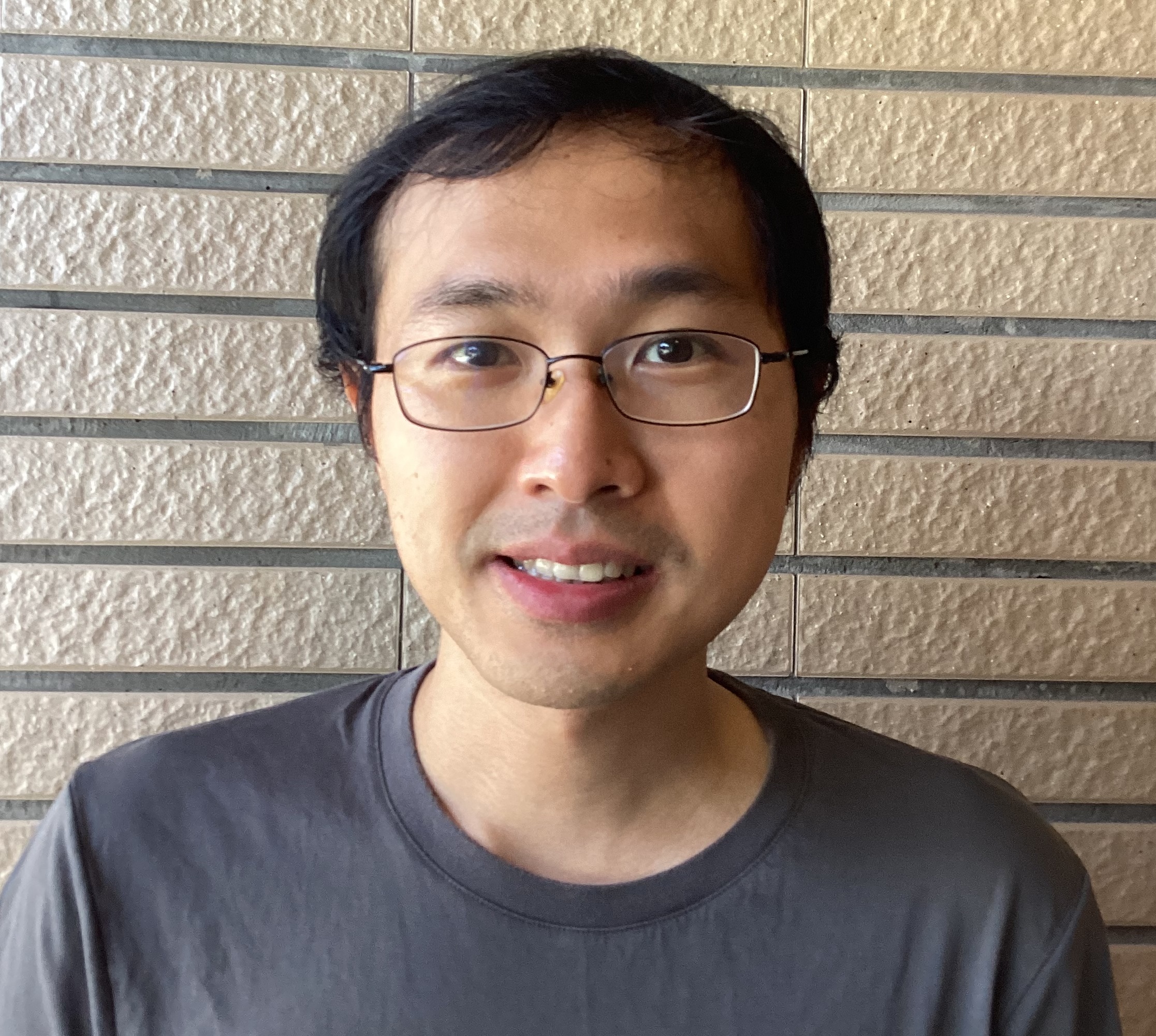Jun-Kun Wang
 |
I am an assistant professor in the Department of Electrical and Computer Engineering and the Halicioğlu Data Science Institute at UC San Diego. My research is centered around optimization and its connections to statistics, machine learning, and classical mechanics. I like working at the intersection of different research areas and discovering their connections, e.g., optimization and no-regret learning, optimization and sampling, optimization and hypothesis testing. I teach optimization courses. I was a postdoc at Yale University working with Professor Andre Wibisono. I received my CS PhD from Georgia Tech and was very fortunate to be advised by Professor Jacob Abernethy. I hold my M.S. in Communication Engineering and B.S. in Electrical Engineering from National Taiwan University. Email: jkw005 [at] ucsd [dot] edu |
PhD students:
Maria-Eleni Sfyraki [HDSI].
Preprints:
Lions and Muons: Optimization via Stochastic Frank-Wolfe
Maria-Eleni Sfyraki and Jun-Kun Wang.
arXiv:2506.04192. 2025.
Optimistic Interior Point Methods for Sequential Hypothesis Testing by Betting
Can Chen and Jun-Kun Wang.
arXiv:2502.07774. 2025.
Frictionless Hamiltonian Descent and Coordinate Hamiltonian Descent for Strongly Convex Quadratic Problems and Beyond
Jun-Kun Wang.
arXiv:2402.13988. 2024.
Publications: *Corresponding Author/*Presenting Author
Revisiting Active Sequential Prediction-Powered Mean Estimation
Maria-Eleni Sfyraki and Jun-Kun Wang.
In ICLR (International Conference on Learning Representations), 2026.
Frictionless Hamiltonian Descent with Discretization and Parallel Optimization
Heng Zhu and Jun-Kun Wang.
In Transcations on Machine Learning Research, 2026.
Online Detection of LLM-Generated Texts via Sequential Hypothesis Testing by Betting.
Can Chen and Jun-Kun Wang.
In ICML (International Conference on Machine Learning), 2025.
No-Regret Dynamics in the Fenchel Game: A Unified Framework for Algorithmic Convex Optimization.
Jun-Kun Wang, Jacob Abernethy, Kfir Y. Levy.
Mathematical Programming 2024.
Accelerating Hamiltonian Monte Carlo via Chebyshev Integration Time
Jun-Kun Wang and Andre Wibisono
In ICLR (International Conference on Learning Representations), 2023.
Continuized Acceleration for Quasar Convex Functions in Non-Convex Optimization
Jun-Kun Wang and Andre Wibisono
In ICLR (International Conference on Learning Representations), 2023.
Towards Understanding GD with Hard and Conjugate Pseudo-labels for Test-Time Adaptation
Jun-Kun Wang and Andre Wibisono
In ICLR (International Conference on Learning Representations), 2023.
Provable Acceleration of Heavy Ball beyond Quadratics for a class of Polyak-Lojasiewicz Functions when the Non-Convexity is Averaged-Out
Jun-Kun Wang, Chi-Heng Lin, Andre Wibisono, and Bin Hu
In ICML (International Conference on Machine Learning), 2022.
Understanding Modern Techniques in Optimization: Frank-Wolfe, Nesterov's Momentum, and Polyak's Momentum.
PhD Dissertation at Georgia Tech. 2021.
A Modular Analysis of Provable Acceleration via Polyak's momentum: Training a Wide ReLU Network and a Deep Linear Network
Jun-Kun Wang, Chi-Heng Lin, and Jacob Abernethy.
In ICML (International Conference on Machine Learning), 2021.
Understanding How Over-Parametrization Leads to Acceleration: A case of learning a single teacher neuron
Jun-Kun Wang and Jacob Abernethy.
In ACML (Asian Conference on Machine Learning), 2021.
Escape Saddle Points Faster with Stochastic Momentum.
Jun-Kun Wang, Chi-Heng Lin, and Jacob Abernethy.
In ICLR (International Conference on Learning Representations), 2020.
Online Linear Optimization with Sparsity Constraints
*Jun-Kun Wang, * Chi-Jen Lu, and Shou-De Lin.
In ALT (International Conference on Algorithmic Learning Theory), 2019.
Revisiting Projection-Free Optimization For Strongly Convex Constraint Sets
Jarrid Rector-Brooks, Jun-Kun Wang, and Barzan Mozafari.
In AAAI 33, 2019.
Acceleration through Optimistic No-Regret Dynamics
*Jun-Kun Wang and Jacob Abernethy.
In NeurIPS (Annual Conference on Neural Information Processing Systems), 2018.
(Spotlight) paper
Faster Rates for Convex-Concave Games
(name order) Jacob Abernethy, Kevin Lai, Kfir Levy, and *Jun-Kun Wang.
In COLT (Computational Learning Theory), 2018.
On Frank-Wolfe and Equilibrium Computation
Jacob Abernethy and *Jun-Kun Wang.
In NeurIPS (Annual Conference on Neural Information Processing Systems), 2017.
(Spotlight)
paper supplementary
Efficient Sampling-based ADMM for Distributed Data
*Jun-Kun Wang, Shou-De Lin.
In DSAA (IEEE International Conference on Data Science and Advanced Analytics), 2016. code
Parallel Least-Squares Policy Iteration
*Jun-Kun Wang, Shou-De Lin.
In DSAA (IEEE International Conference on Data Science and Advanced Analytics),
2016.
Robust Inverse Covariance Estimation under Noisy Measurements
*Jun-Kun Wang, Shou-De Lin.
In ICML (International Conference on Machine Learning), 2014.
paper
slide